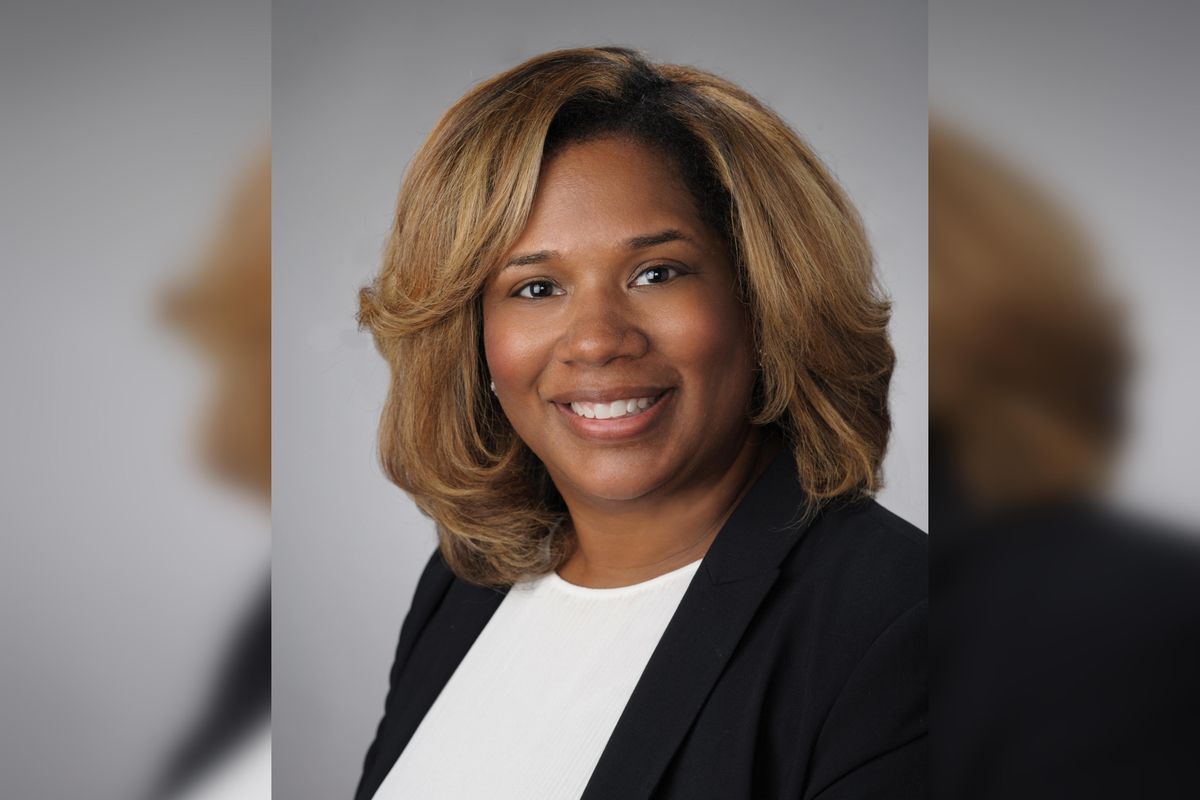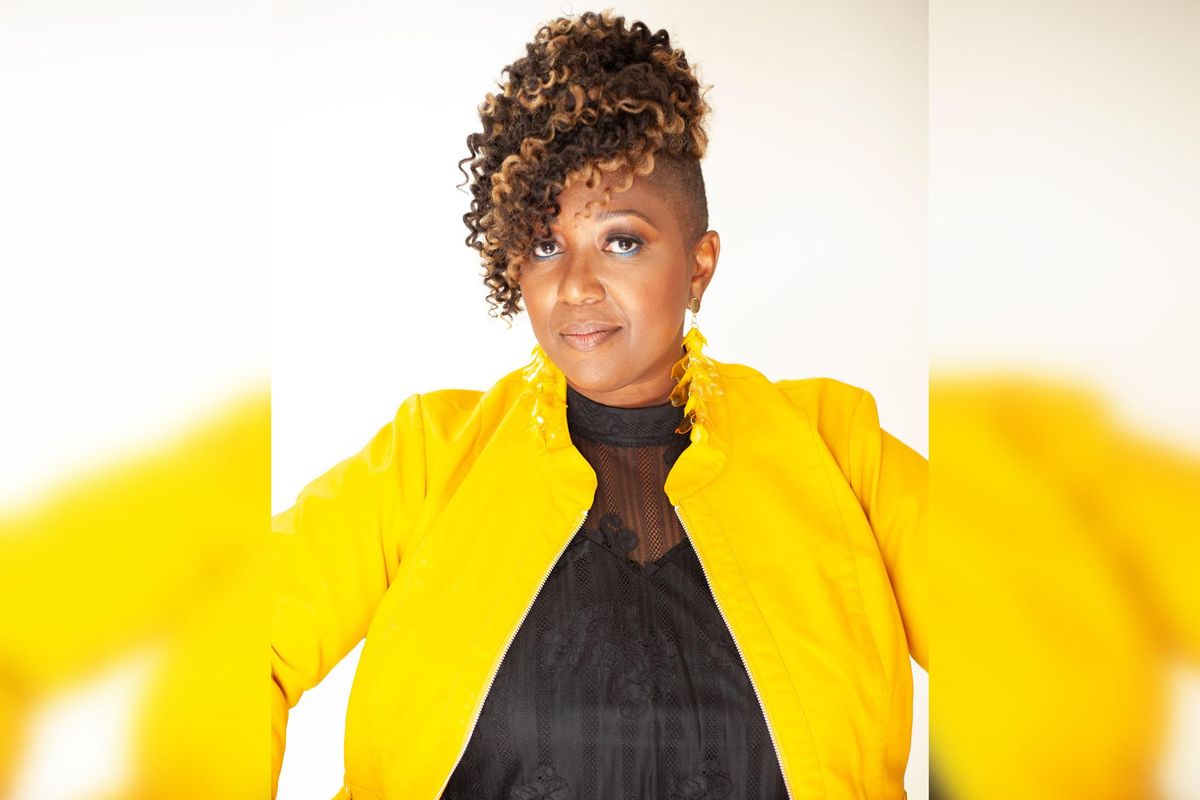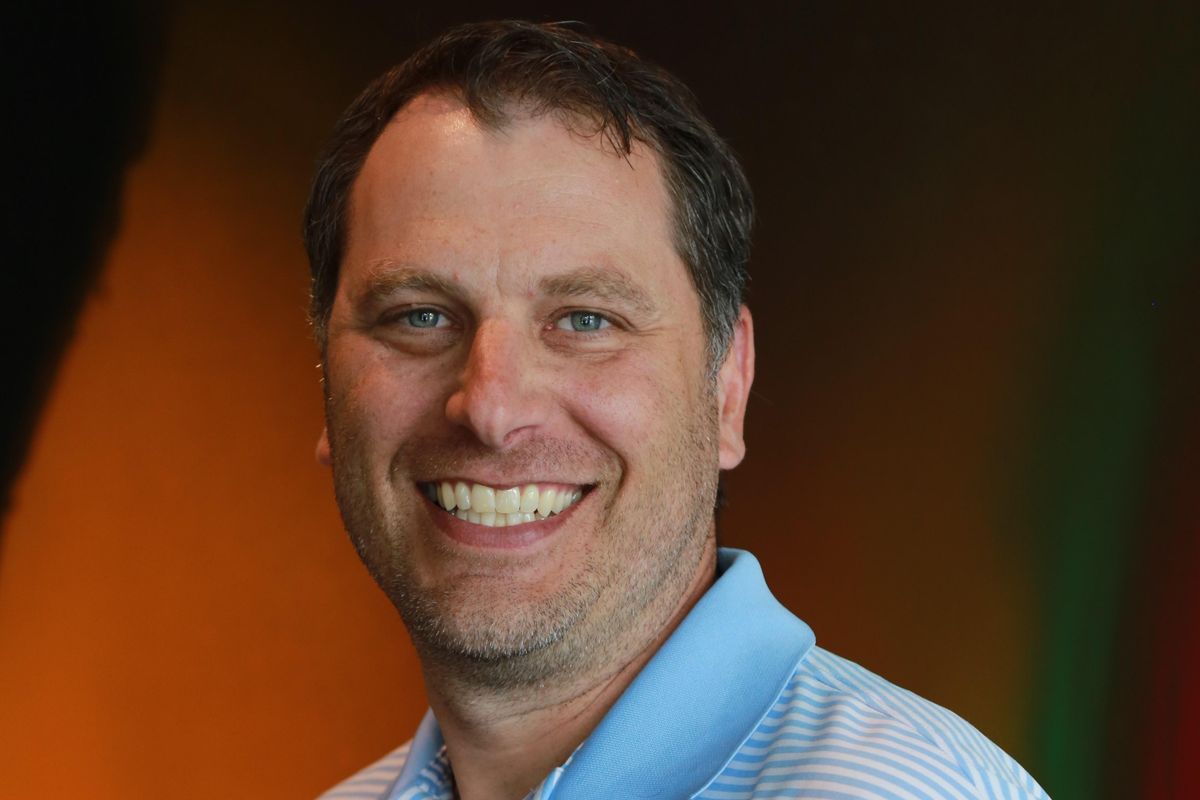Houston hospital awards third infusion of grant-funding to local nonprofits
funds granted
Houston Methodist has awarded $4.8 million to 50 Houston-area nonprofits as part of its Diversity, Equity & Inclusion Grant Program, the hospital announced this month.
The funds go toward "addressing the root causes of health inequities experienced by social, racial and ethnic minorities," according to the hospital. An estimated 51,000 Houstonians are expected to be impacted by these dollars.
Of the nonprofits selected, 24 are healthy neighborhood programs, 16 are educational empowerment programs and 14 are economic programs.
The grant program is broken up into two types of funding: The Social Equity Grant and the DEI Grant. Now in its third year, the program has for the first time selected recipients of the Social Equity Grant that all support economic empowerment.
"We know there is a direct correlation between economic stability and health outcomes," Ryane Jackson, vice president, community benefits at Houston Methodist said in a statement. "Without livable wages or employer backed insurance, access to health care can be limited. If we can help those in underserved communities obtain employment and increase their wages in a short amount of time, then we can provide immediate and meaningful change that can potentially be felt for years to come.”
Capital IDEA Houston is a local nonprofit that’s received the Social Equity Grant. The organization helps low-wage workers find living-wage careers. Capital IDEA plans to use the funds to support Black and Hispanic Women in health care professions and launch a pilot program that will assist women with an associate degree who are interested in pursuing a bachelor’s degree in nursing.
Another recipient, Compudopt, will focus on digital literacy training to low income African American and Hispanics, while Montrose Center will use the funds to support its Seniors Preparing for Rainbow Years program at the Law Harrington Senior Living Center. Other recipients include Avondale House, BakerRipley, Interfaith Caring Ministries, Kids Meals Inc., and the Tejano Center for Community Concerns. Click here to find a full list.
DEI is at the forefront of Houston Methodist's vision for the future of health care. In a recent interview with InnovationMap, Arianne Dowdell, vice president and chief diversity, equity and inclusion officer at Houston Methodist, shared how linked diversity and innovation are to her.
"I think we're in a very interesting time when we think about how health care looks. It's changing drastically and so people have a lot more options for where they choose to get their health care and who their providers are," she tells InnovationMap. "So I think that the thought of the patient comes first is really going to be the key of understanding how do we tackle health equity."
Since launching Houston Methodist's DEI Grant Program has awarded more than $11 million to 83 Houston-area nonprofits. Last year it awarded $4.6 million to 59 organizations. Click here to see who else has been awarded funding through the program.- Here's what Houston cancer researchers secured fresh funding from Texas nonprofit ›
- Houston hospital doles out DEI funds, investors join prestigious programs, and more local innovation news ›
- Houston Methodist reveals details of new $1.4B tower ›
- Houston hospital system grants $6.8M to community nonprofits ›





